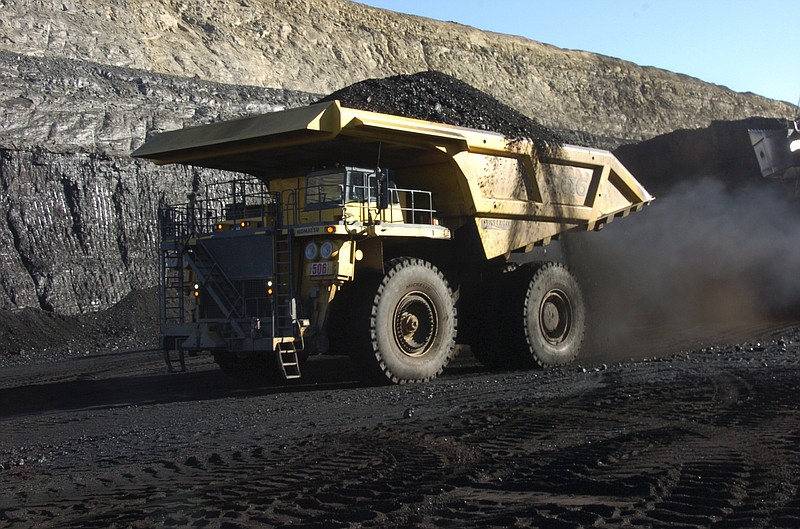West Virginia went overwhelmingly for Donald Trump in November - in fact, he beat Hillary Clinton by almost a 3-1 majority. And it may seem obvious why: The state is the heart of coal country, and Trump promised to bring coal jobs back by eliminating Obama-era environmental regulations. So at first glance the 2016 election looks like a political realignment reflecting differences in regional interests.
But that simple story breaks down when you look at the realities of the situation - coal country isn't really coal country anymore and hasn't been for a long time.
Why does an industry that is no longer a major employer even in West Virginia retain such a hold on the region's imagination and lead its residents to vote overwhelmingly against their own interests?
Coal powered the Industrial Revolution, and once upon a time it did indeed employ a lot of people. But the number of miners began a steep decline after World War II, and especially after 1980, even though coal production continued to rise. The decline accelerated about a decade ago as the rise of fracking led to competition from cheap natural gas.
So coal-mining jobs have been disappearing for a long time.
What, then, do West Virginians actually do for a living these days? Well, many of them work in health care: Almost one in six workers is employed in the category "health care and social assistance."
Oh, and where does the money for those health care jobs come from? Actually, a lot of it comes from Washington.
West Virginia has a relatively old population, so 22 percent of its residents are on Medicare, versus 16.7 percent for the nation as a whole. It's also a state that has benefited hugely from Obamacare, with the percentage of the population lacking health insurance falling from 14 percent in 2013 to 6 percent in 2015; these gains came mainly from a big expansion of Medicaid.
It's true that the nation as a whole pays for these health care programs with taxes. But an older, poorer state like West Virginia receives much more than it pays in.
Now think about what Trumpism means for a state like this. Killing environmental rules might bring back a few mining jobs, but not many, and mining isn't really central to the economy. Meanwhile, the Trump administration and its allies just tried to replace the Affordable Care Act. If they had succeeded, the effect would have been catastrophic for West Virginia, slashing Medicaid and sending insurance premiums for lower-income, older residents soaring.
And aside from the devastating effect on coverage, think about how the Republican assault on Obamacare would have affected the health sector that now employs so many West Virginians.
So West Virginia voted overwhelmingly against its own interests.
The striking thing, as I said, is that coal isn't even the state's dominant industry these days. "Coal country" residents weren't voting to preserve what they have, or had until recently; they were voting on behalf of a story their region tells about itself, a story that hasn't been true for a generation or more.
Their Trump votes weren't even about the region's interests; they were about cultural symbolism.
Now, regional cultures that invoke a long-gone past are hardly unique to Appalachia; think of Texans wearing 10-gallon hats and cowboy boots as they stroll through air-conditioned malls. There's nothing wrong with that!
But when it comes to energy and environmental policy, we're not talking about mere cultural affectations. Going backward on the environment will sicken and kill thousands in the near future.
So it's incredible, and terrifying, to think that we may really be about to do all of that because Donald Trump successfully pandered to cultural nostalgia, to a longing for a vanished past when men were men and miners dug deep.
